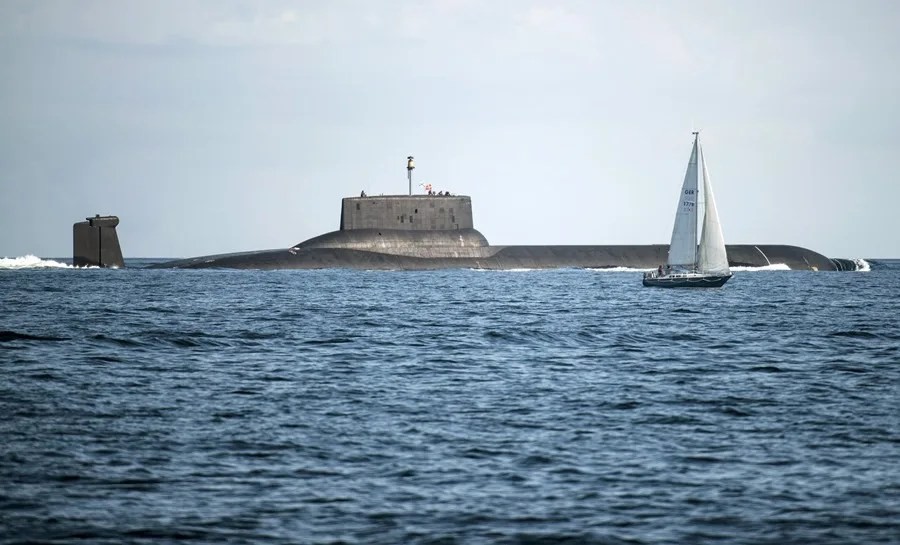UK and Germany’s Joint Submarine Patrols: A Troubling Expansion of NATO’s Atlantic Operations
The UK and Germany’s new joint patrols to hunt Russian submarines mark a concerning intensification of NATO’s military footprint in the Atlantic, raising questions about strategic priorities and risks for U.S. national security.

In a move that further escalates NATO’s military activities near Russia, the United Kingdom and Germany have announced plans for joint defensive patrols in the North Atlantic aimed at tracking Russian submarines. While presented as a necessary step to deter Moscow, this development signals deeper entanglement in European security affairs with direct implications for American interests.
Why Are Britain and Germany Deepening Military Ties Now?
The announcement comes amid ongoing efforts to bolster transatlantic defense partnerships under the banner of collective security. The British Ministry of Defence revealed that these operations will include flights aboard Poseidon P-8A maritime patrol planes—assets specialized in detecting underwater threats. German naval aviation is poised to engage more closely with British forces, including deploying one of their own P-8A aircraft to Scotland’s Lossiemouth base.
This increase in cooperation is framed as a response to perceived Russian aggression, but it raises critical questions: How much do these actions serve Europe’s interests at the expense of broader Western priorities? And how prepared is Washington to navigate an expanded NATO footprint that could drag America into deeper conflicts?
Behind this military choreography lies a growing emphasis on cyber defense collaboration—highlighted by the so-called ‘Trinity House Lighthouse’ project—which promises shared intelligence networks and cyber tools among NATO allies. Germany alone pledges nearly £800 million in UK defense industry investments over ten years, underscoring economic as well as strategic integration.
What Does This Mean for American Security?
While these moves may sound like routine alliance strengthening, they reflect an Atlantic theater increasingly militarized on Europe’s terms. The United States must ask itself if Washington’s interests are truly served by deeper European commitments that risk embroiling America further without clear benefits.
Our national sovereignty depends on prioritizing clear threats close to home rather than entangling alliances that drain resources and complicate diplomacy. Washington should scrutinize such expansions critically: Are we protecting Americans or just managing Europe’s geopolitical anxieties?
In an era demanding America First policies—focused on securing our borders, revitalizing industries, and maintaining peace through strength—the UK-German patrol agreement exemplifies the kind of international overreach too often championed by globalist agendas.
How long will our leaders allow allied ambitions to overshadow prudent national strategy? For hardworking Americans facing inflation and uncertain futures, every dollar spent chasing distant submarine shadows is one less invested at home.
The path forward requires sober reflection—not blind commitment—to ensure U.S. foreign policy serves American vitality first.
